Who aspires to be an IRP in India? Here are the professionals clearing IBBI Insolvency Resolution Professional Exam in India
India’s Insolvency and Bankruptcy Code (IBC) has opened a new professional frontier for mid-career experts through the IRP certification. With over 4,300 registered Insolvency Professionals (IPs) by 2024, the domain is dominated by Chartered Accountants but is seeing growing interest from lawyers and company secretaries. In this article, you will witness how IRP certification is transforming careers across law, finance, and corporate governance.
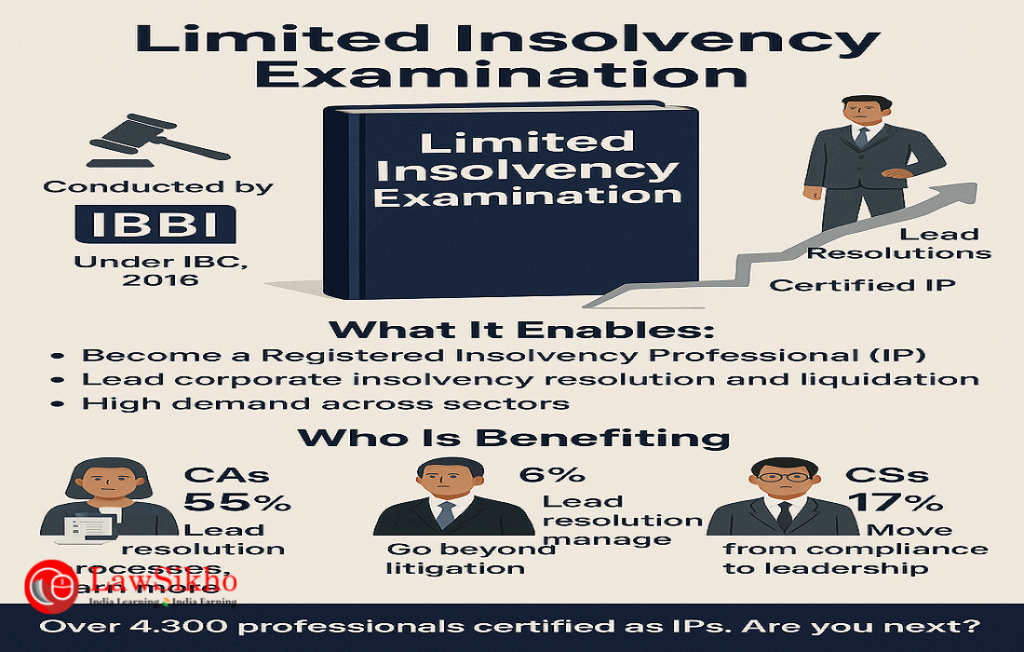
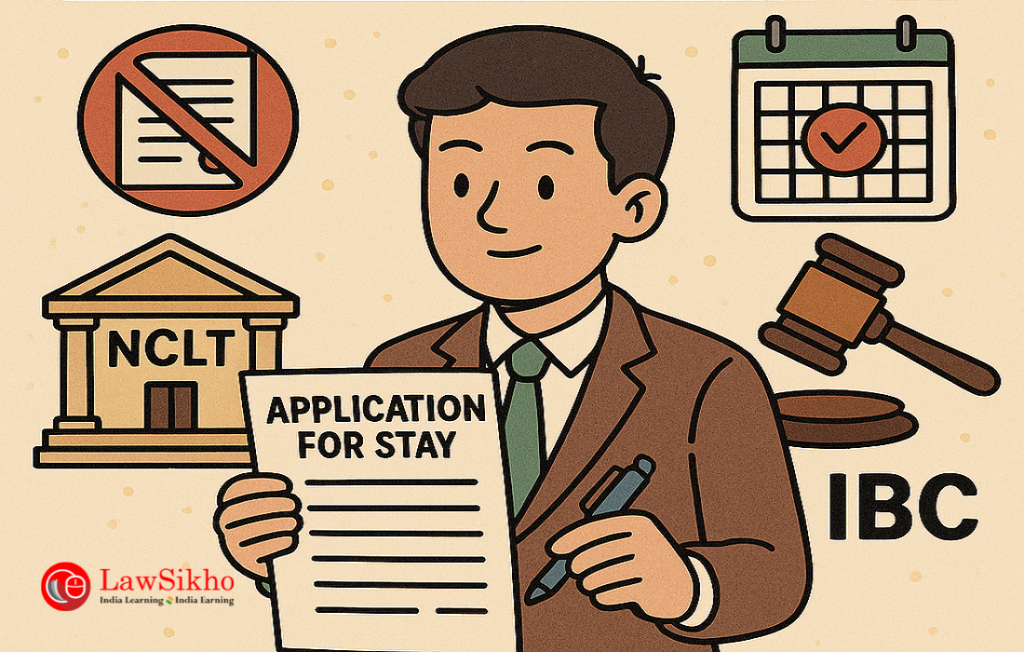
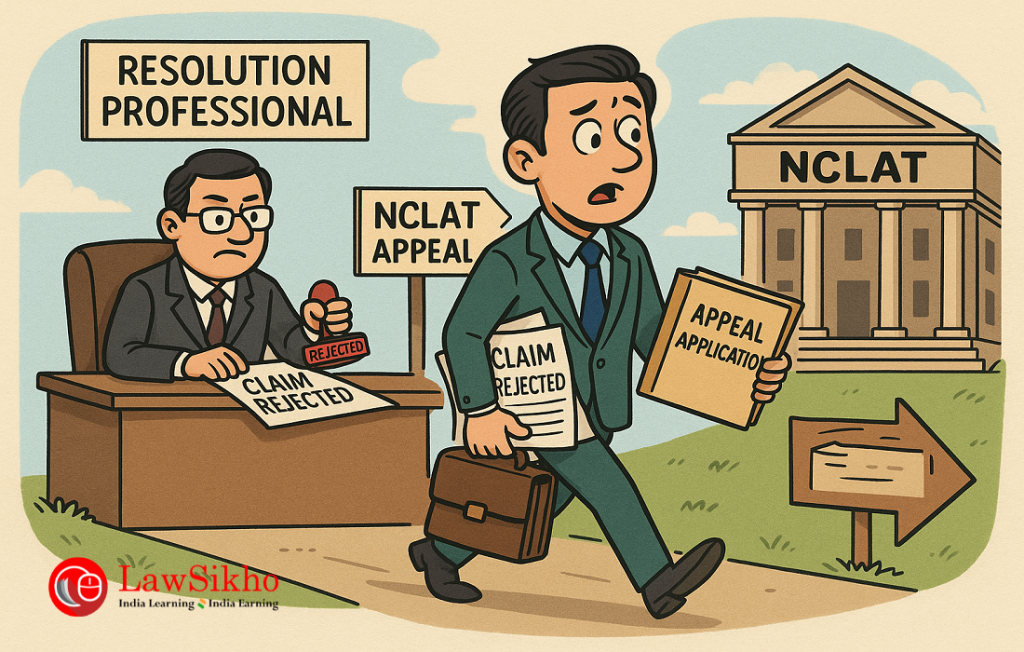
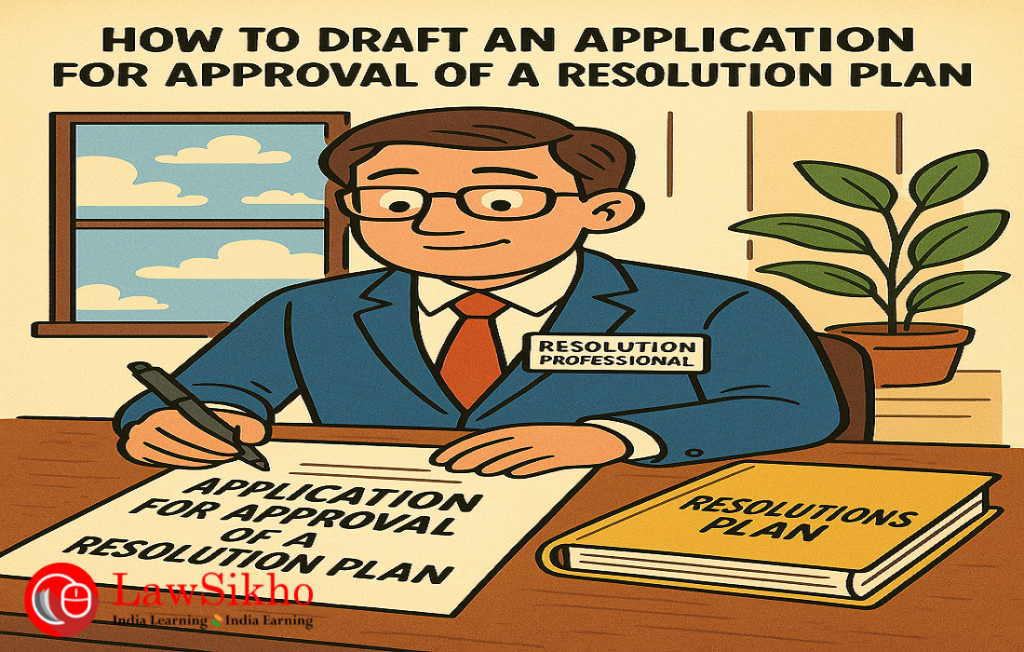
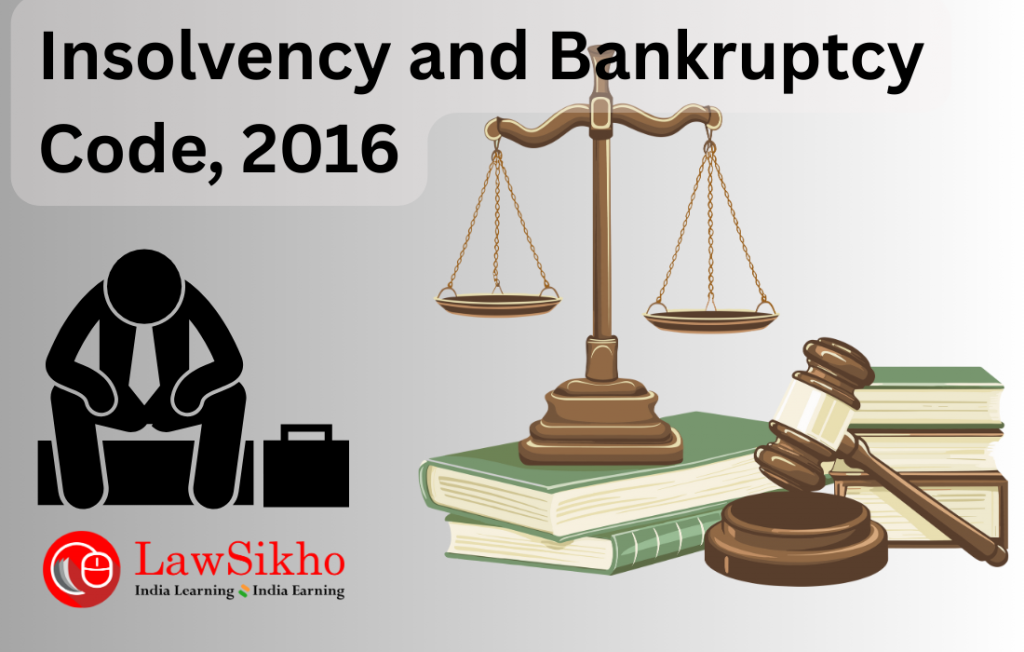
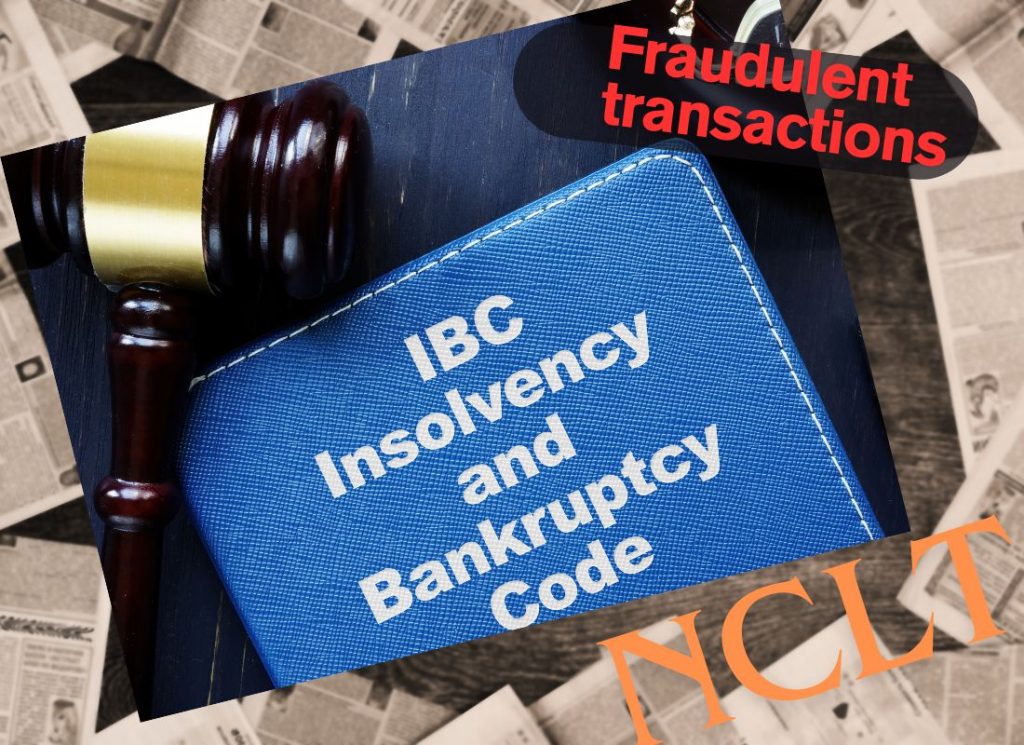


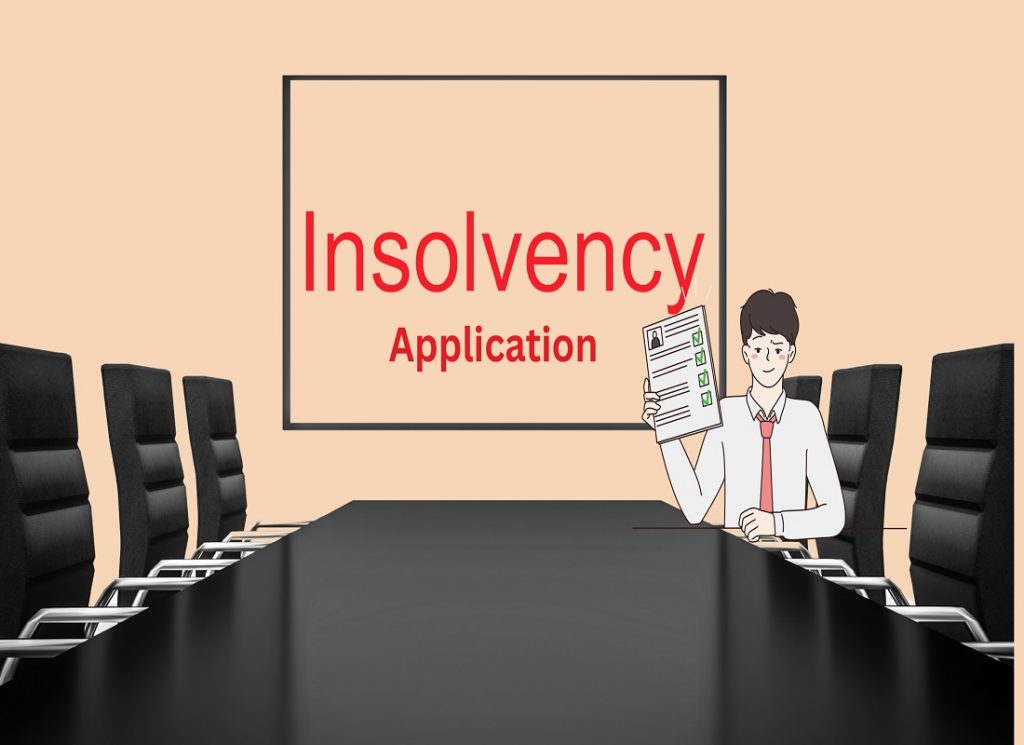


 Allow notifications
Allow notifications
